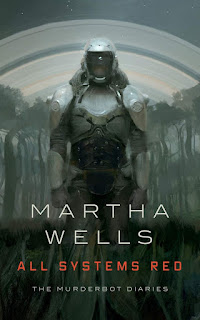My dad died. I'll never have golden thinking, like he did. I'll never understand meaning or find the answers falling into place.
Harriet Kline, This Shining Life
Ollie, an autistic 11-year-old boy, doesn't know how to cope even before his playful, always optimistic father dies. After Rich's death from a brain tumor, the boy is completely lost in Harriet Kline's inspiring 2021 novel This Shining Life.Before his death, Rich tells Ollie something that is to him enigmatic about life being worth living. The boy loves sudoku puzzles, so he views his father's statement as a puzzle. If he can only solve the puzzle, everything will finally make sense to him.
The novel's only characters other than Ollie and Rich are Ruth, Ollie's mother; Nessa, her sister; Angram, Ruth and Nessa's mother; Marjorie, whom Ollie calls Other Grandma; and Gerald, Rich's father. Before his death, Rich selects special gifts for each member of the family, but because of his mental confusion sends each gift to the wrong person. Ollie believes that if he can get each gift to the proper person, he will be able to solve his puzzle.
As flawed as Ollie may be, each of the other family members has a flaw that may be no less disabling. Perhaps the greatest of these is their tendancy to ignore whatever Ollie says about solving his puzzle. His frustration builds.
How Kline resolves all this is a pleasure to read. In the end Ollie won't be the only one to learn something about the meaning of life.










